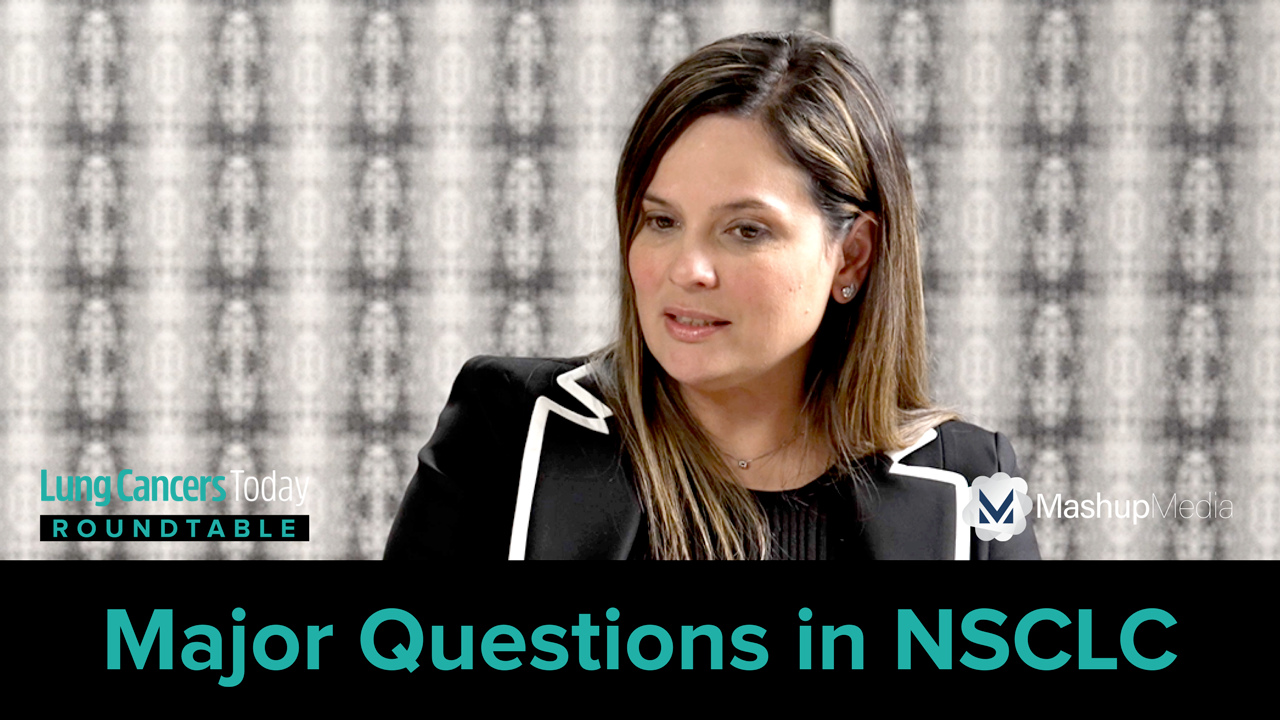
Combining the WT1 cancer vaccine galinpepimut-S with nivolumab “demonstrated a tolerable toxicity profile” and induced immune responses in a subset of in patients with WT1-expressing diffuse pleural mesothelioma (DPM), according to results of a recent phase 1 study.
Prashasti Agrawal, MD, of the Memorial Sloan Kettering Cancer Center, and colleagues conducted the study and presented their findings during the 2024 American Society of Clinical Oncology Annual Meeting.
It was important to evaluate the combination because DPM is an “aggressive malignancy with poor outcomes” that has only 2 therapeutic regimens approved by the US Food and Drug Administration, Dr. Agrawal and colleagues explained. WT1, a protein that is “often presented on the surface of DPM,” is an “ideal therapeutic target” in this setting, according to the study investigators. A phase 1 study previously “confirmed the safety and immunogenicity” of galinpepimut-S, which is a tetravalent, nonhuman leukocyte antigen-restricted, heteroclitic WT1-specific peptide vaccine, in patients with WT1-expressing cancers.
“Our prior randomized, phase 2 study of adjuvant [galinpepimut-S] in patients with DPM suggested an improvement in median overall survival [OS],” Dr. Agrawal and colleagues explained, noting that the current study is an effort to “further enhance the immunogenicity of [galinpepimut-S] by reversing the effect of T-cell suppression by PD1/PD-L1” by combining galinpepimut-S with checkpoint inhibition using the anti-PD1 monoclonal antibody nivolumab.
The open-label, nonrandomized, phase 1 study evaluated the tolerability and immunogenicity of galinpepimut-S plus nivolumab in patients with previously treated DPM. The study included patients with WT1-positive metastatic or recurrent and measurable DPM who received at least 1 course of pemetrexed-based chemotherapy.
Patients received 2 doses of galinpepimut-S followed by 4 doses of galinpepimut-S with intravenous nivolumab every 2 weeks, and up to 6 additional cycles until unacceptable toxicity or disease progression as measured by computed tomography imaging. The primary end point was tolerability of the combination, defined as <3 patients of 10 with severe toxicity.
Among the 10 patients who received the treatment, 70% had treatment-related adverse events (AEs) that “were mostly mild,” according to the study investigators. However, 2 patients experienced a grade ≥3 AE. The study showed that 4 (50%) of 8 patients had T-cell responses to WT1 peptides. No partial responses occurred, but 3 patients had “prolonged stable disease,” with up to 17% decrease in their tumor volume. The median OS was 13.5 months from the most recent prior line of therapy.
“Coadministration of galinpepimut-S and nivolumab demonstrated a tolerable toxicity profile and induced immune responses in a subset of patients as indicated by immunophenotyping and disease control rate of 30% at 8 weeks, but initial response and survival benefit were limited, which may be due to the small sample size,” Dr. Agrawal and colleagues concluded.
Reference
Agrawal P, Offin M, Ginsberg MS, et al. Combining a WT1 cancer vaccine (galinpepimut-S) with checkpoint inhibition (nivolumab) in patients with WT1-expressing diffuse pleural mesothelioma (DPM): a phase I study. Presented at the 2024 American Society of Clinical Oncology Annual Meeting; May 31-June 4, 2024; Chicago, Illinois.







 © 2025 Mashup Media, LLC, a Formedics Property. All Rights Reserved.
© 2025 Mashup Media, LLC, a Formedics Property. All Rights Reserved.